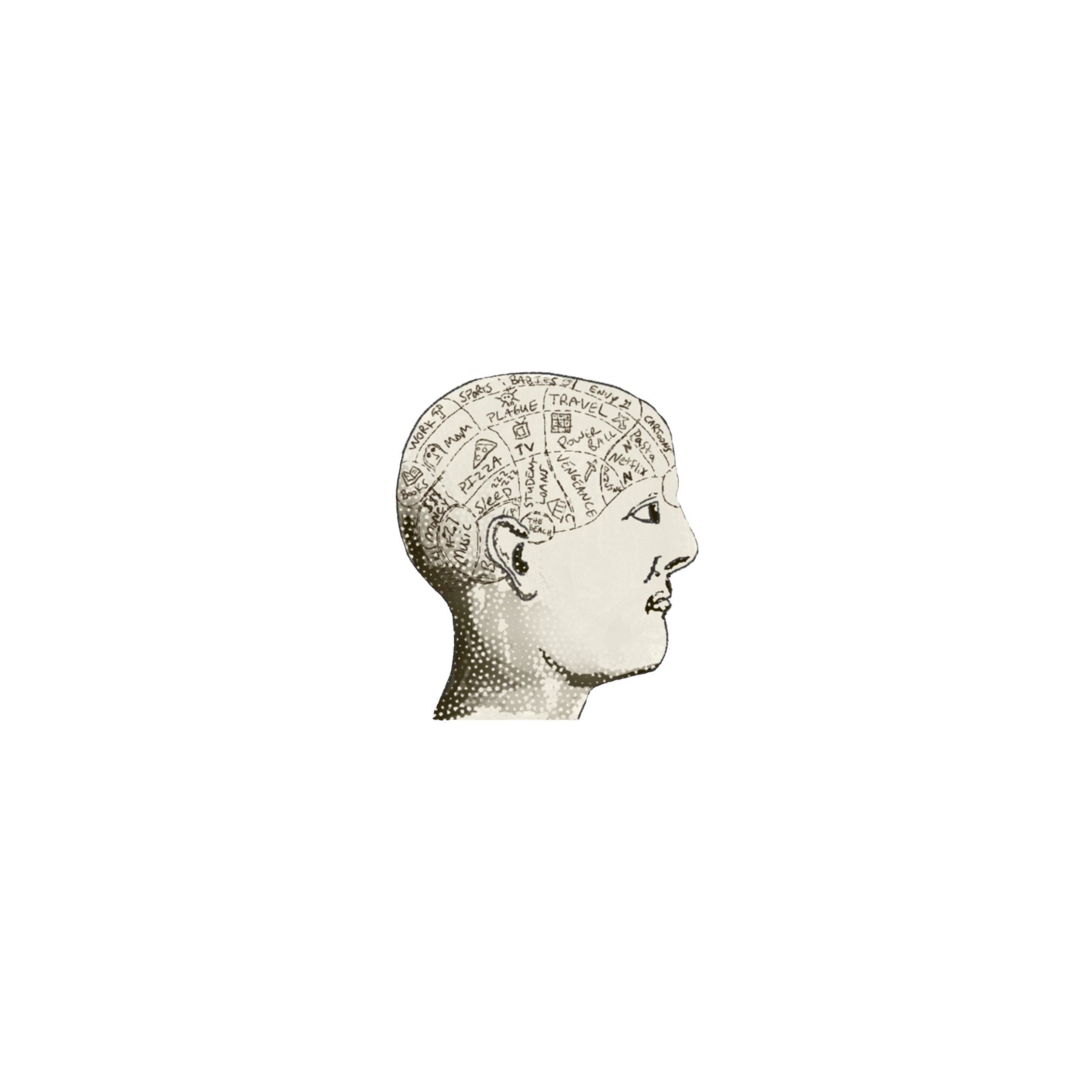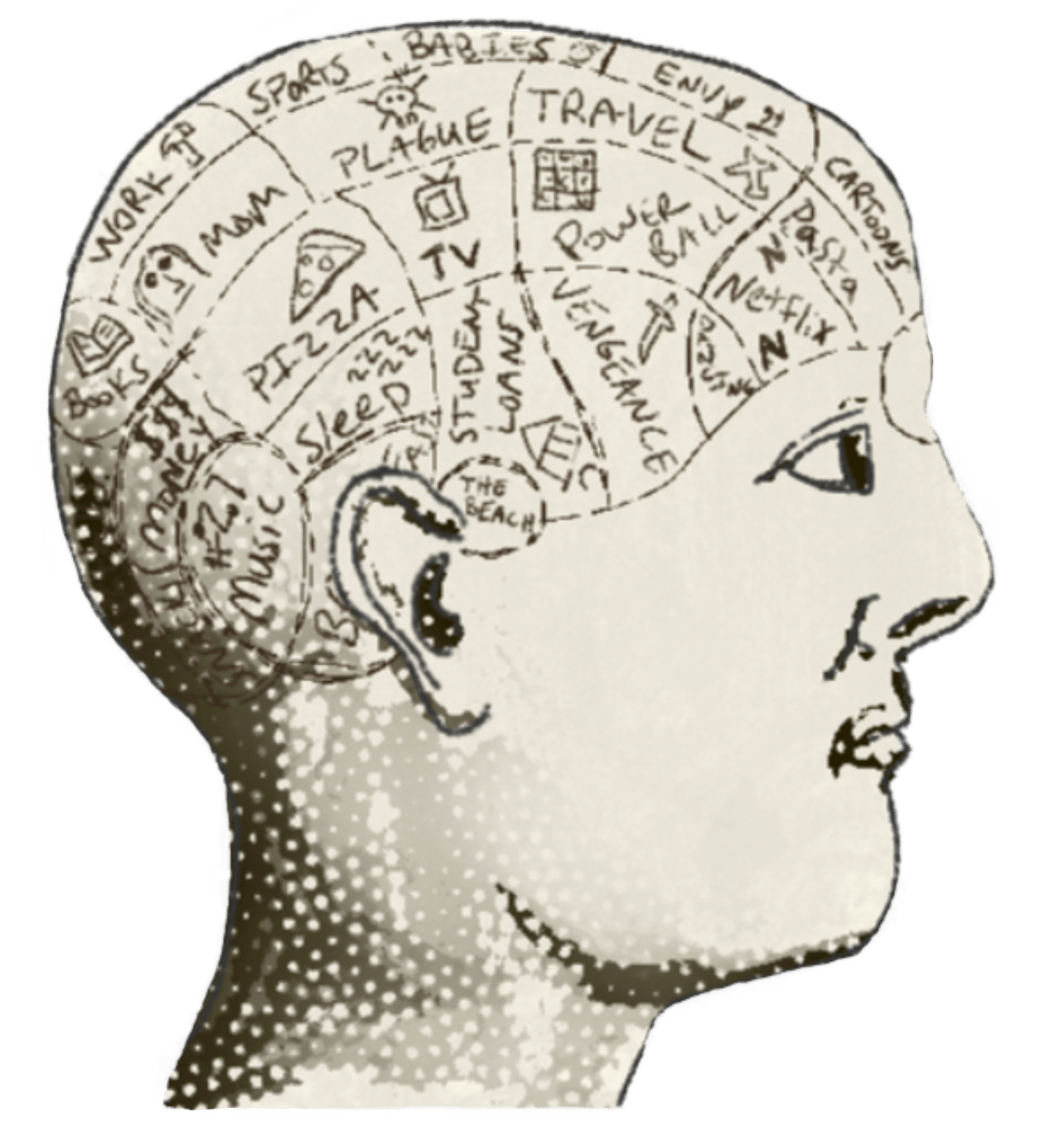The Progress Report
A newsletter for museum professionals that’s serious about audience progress but playful about the process.
Contributors
- Alexa Magladry 1
- Aubrey Bergauer 1
- Ben Mosior 1
- Erin Milbeck Wilcox 2
- Isabel Singer 1
- Isabella Bruno 2
- Jennifer DePrizio 1
- Kelly Cannon 3
- Kimberlee Kiehl 1
- Krista Dahl Kusuma 1
- Kyle Bowen 159
- Lynda Kelly 1
- Nameiko Miller 1
- Rachel Ropeik 1
- Randi Korn 1
- Rebekah Harding 1
- Robert Weisberg 1
- Rosie Siemer 11
- Ruth Hartt 1
- Steve Boyd-Smith 1
- Susan Hawksworth 2

Embracing Grand Gestures: Deep Work Sprints for Museum Professionals
Conferences provide time away from day-to-day tasks, but what if museums encouraged staff to take multi-day creative sprints focused on a singular goal? The MaP Community is piloting a virtual "Eudaimonia Machine" to support deep work.

Imagining a “Results-Only Museum Environment” (ROME)
What if museums measured success based on supporting visitors' goals, not just counting bodies? The "Results-Only Work Environment" model offers a thought-provoking analogy for visitor engagement.

From Solutions to “Purpose Supporters”” A Thought Experiment for Museum Professionals
Referring to museum offerings as "purpose supporters" instead of "solutions" may feel unnatural, but it's a powerful way to reframe our thinking around the goals and underlying purposes we aim to support.

Envisioning Your Ideal Visitor: A Collaborative Thought Experiment
Defining your "ideal visitor" for a specific program or offering can be challenging, but it's a powerful way to focus your efforts. Join a group exercise to explore how that ideal visitor thinks, feels, acts and what they believe about their purpose for engaging.

Ambivalent pancakes
When seeking to understand audiences, listening for ambivalence in individuals can reveal their inner thinking, emotions, and guiding principles in a way surveys and focus groups rarely do.

What is the purpose of community-based research?
Local cultural organizations partnering on audience research makes intuitive sense, but do people define their communities primarily by location? A goals-based approach to studying audiences may be more revealing.

When probing feels scary, reflect
Museums want to prioritize listening to visitors, but asking questions with an agenda can feel intrusive. Practicing reflective listening without probing can lead to more authentic understanding


